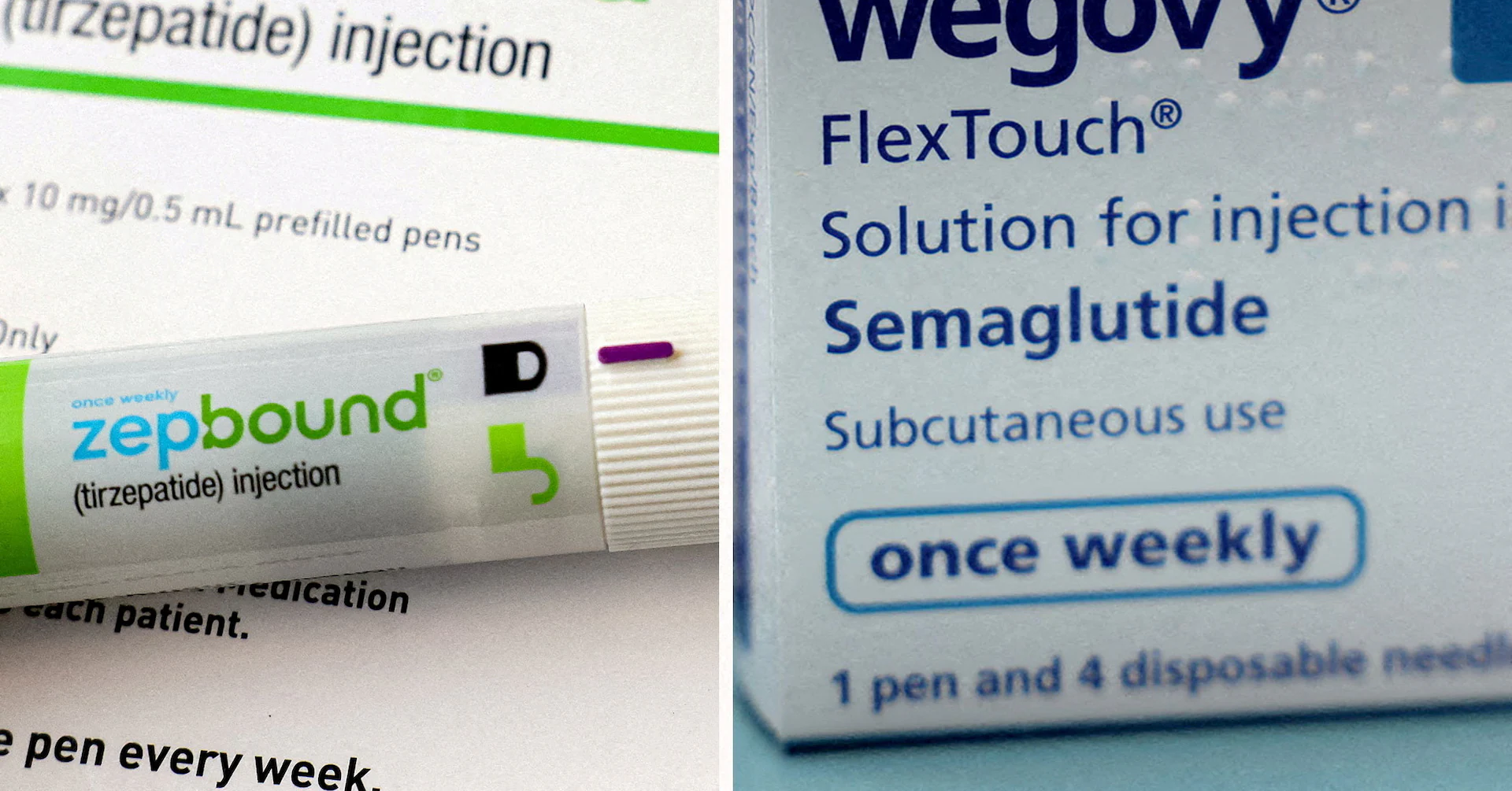
There are real problems with the H1-B visa program, which allows a limited number of foreigners to work in the United States because they have unique skills needed by US employers. But those problems deserve real solutions — not the arbitrary $100,000 fee that the Trump administration slapped on the visas recently, which is likely to have unintended consequences, in Massachusetts and elsewhere, by raising costs for businesses.
It often already costs thousands of dollars in legal expenses for a business to secure one of the prized visas, 85,000 of which are awarded by lottery every year. The theory behind raising the fee is that it will serve as a kind of reality check on how badly employers truly want a worker. It’s one thing to say on a visa application that an applicant has skills US citizens lack but another for a company to put up the money to show it means it.
And for many big businesses, that’s just what they’ll do. Leaders of Netflix and OpenAI, for instance, welcomed the new fee. Reed Hastings, the CEO of Netflix, called the fee a “great solution.” “It will mean H1-B is used just for very high value jobs, which will mean no lottery needed, and more certainty for those jobs,” he wrote.
The problem, though, is that not every business is a behemoth like Netflix. Small businesses and startups also sometimes rely on highly skilled foreign labor and can’t swallow $100,000 application fees quite so easily. Over the long term, more of those young companies may choose to locate in places with more liberal immigration policies so that they can draw from more of the world’s talent without as much red tape and expense. That would be a loss for the American economy, increasing the likelihood that the next Google — or Netflix — is founded in Asia or Europe.
Advertisement
In Massachusetts, more than 2,000 employers sought H1-B visas in the last fiscal year. Fidelity requested the most, but hundreds of smaller companies, hospitals, and nonprofits also requested visas.
There is a better solution. The Trump administration says it’s also going to enforce the H1-B program’s existing rules more aggressively and adjust lottery rules in response to abuses, replacing the random lottery with one that’s weighted to favor the highest-paid and highest-skill jobs. Officials should try those steps first before resorting to a fee hike that risks so much collateral damage to the economy.
Abuses of the H1-B system are real and take several forms. To secure a visa, businesses have to attest they can’t find a US citizen with the same skills and that the employee will be paid the same salary as a US worker in the job would be. But businesses have routinely been accused of violating both provisos, paying visa holders less than US workers for work that could clearly be done by Americans.
Staffing firms have used the H1-B system as a thinly disguised outsourcing system, importing entry-level workers from India who undercut wages for American workers. Because those workers rely on their employer for the visa, they have less leverage to demand higher salaries or better conditions. At its worst, the system has been compared to “indentured servitude.”
Advertisement
Those are obviously not the workers the H1-B visa was meant for, but critics of the visas say there has never been any real enforcement. Enforcement is what the Trump administration is promising now. It should give those efforts a chance to work; companies that are using the program in good faith shouldn’t have to suffer because of the ones that aren’t.
Editorials represent the views of the Boston Globe Editorial Board. Follow us @GlobeOpinion.



